|
“When I first arrived to Miami after leaving Haiti, I felt alone. I didn’t know anyone and didn’t speak English. I remember calling my mom and dad when I arrived. I left Haiti to find a job and make money for my family because there weren’t any jobs. I was focused. I didn’t have time to play around.
I heard that a man named Canes, who had lived in a nearby city in Haiti, had a transportation business in Immokalee. He bought a van and would give Haitians a ride to Miami from Immokalee to shop. I remember using quarters to call him on a street pay phone because it was 1987. We didn’t have cellphones back then. Canes told me that I could get a job right away working in the fields. The ride would cost $10. When I went inside the van I was so happy to see Haitian people. Everything had been so foreign to me until that moment. All I had was my suitcase and I was on my way to Immokalee. I was an autopus (bus) driver in Haiti. I had only finished the 6th grade and I didn’t know much about farm work. Canes told me that if I had the will to make money, I would. I didn’t need to worry anymore. I arrived in Immokalee that afternoon and woke up the next day to pick in the fields. I didn’t even know how to say Immokalee, but I knew that the people who lived there came from everywhere and there were jobs. After working in the fields I would shower and go to English classes at Bethune to learn English to survive here. I kept telling myself “Gabriel, you can do more”. There wasn’t a lot of money picking in the fields. I had married my wife and God blessed us with two daughters. I knew things had to change and 19 years ago I became a middle school bus driver. I am happy with my job now because my wife likes my job. My daughters like my job. Even my church likes my job. My supervisor encourages me and helps me understand things. I don’t have much knowledge, but I am happy with the Gabriel I am now. " Gabriel, a local school bus driver and deacon reflects on how his journey changed once arriving in Immokalee. Creole translation was provided by his daughter, Ginoux.
0 Comments
“What keeps me positive right now is knowing that we’ll see a light at the end of the tunnel. This is our new norm, but at the end of the day we still have to keep living because there are people who are worse off than I am. There are people in the fields who are working less hours or not even working right now. It’s about thinking of those in worse situations and being appreciative for what I have.
Immokalee is such a small town and it’s so family oriented. That what I love about the community. When I started seeing that Ms. Shalonda and Mr. Jimmy were coming from Naples to give to our community, I wanted to be a part of that. I didn’t grow up giving back. I was just going to church and then going home before I started helping out with Washington Family Ministry. It’s good to see the community being served and being a part of that. It’s a positive thing. Working at the clinic I see the patient’s needs. It’s a good feeling being able to give back outside of my job. I’m not getting paid to do this, but I want to do this.” Christella, a local healthcare worker assists in a food distribution to serve the Immokalee community. 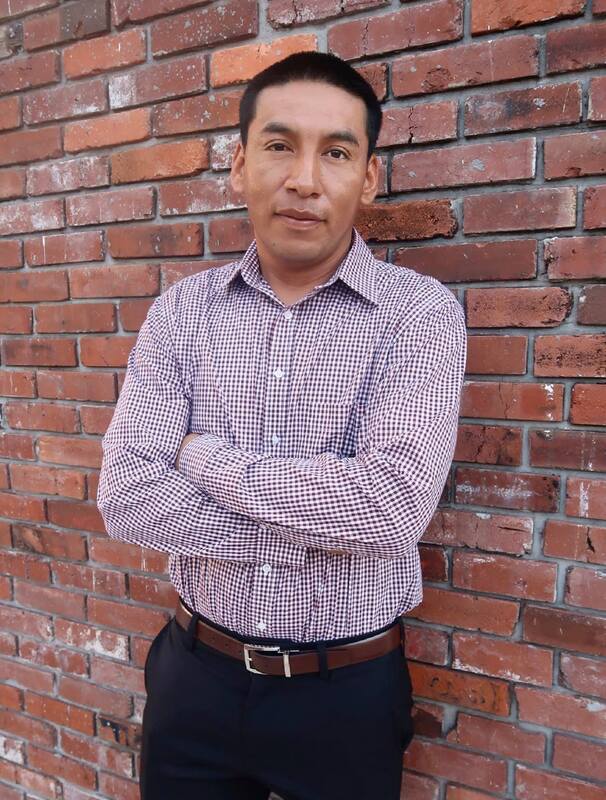 “When I lived in Mexico, I signed up for classes at a martial arts gym 15 minutes away from my hometown, Hidalgo. I’d take the bus Monday, Wednesday, and Friday. I also played soccer, but I never thought to take photos of myself. Until recently, I was going to the gym 5 days a week and playing soccer with my friends. I didn’t migrate up north this year for many reasons, but one reason was to see how working out could change my body. I feel stronger now. I’m hitting weights that I never thought I would. Sometimes you want photos to compare yourself to when you were younger or to remember a different time. I’ve been taking more photos now that I’m older and I got dressed up for these shots. With these photos I’ll be able to remember myself at this age and how strong I’ve become. The gym is closed now, but I try to go running or train with hand weights. I miss being able to train in the gym and attend English class, but I know things will get better eventually. Work in the fields is slow now too, but as long as I have a job, I’ll go.” Jose, an Immokalee resident, poses for his first portraits. He is one of many essential farm workers in Immokalee. “Immokalee has been my home since ‘89. I was one of the lucky ones who got approved for asylum because my home in Guatemala was dangerous. People were being murdered and I left. I used to visit Guatemala almost every year, but I haven’t visited since 2014. I’m not sure when I’ll go back, but maybe soon.
I worked in the fields and traveled up north every year. Now that I’m older, I work 2-3 times a week laying down pipes in Naples. It takes me about 45 minutes on the CAT bus to get to work, but I haven’t worked in 3 weeks. They said they’ll let us know when we’ll have work again. I’m too old to be working in the packing houses. At least that’s what they told me last year when I tried to find work. I understand they have their regular workers and spots don’t usually open. Nowadays, I just come to El Zocalo to get out of the house and ride my bike. I don’t have much hobbies, but I read my Bible. Church is closed, but I know God is greater than what is going on. Mario, an Immokalee resident, beats boredom by biking to El Zocalo, a local hangout spot in downtown Immokalee. (Translated from Spanish) I felt like I was diving into the eye of the storm when I first volunteered to hand out bandannas to the most vulnerable in our community, ,migrant farm workers. I was overcome with fear before we started, but quickly was overjoyed to be there. Although our hands never touched, I felt the gratefulness and joy when we gave our farmworkers something to keep them protected.
My heart felt more broken when I left. I saw so many farm workers who looked exhausted and hungry. I feel like I could have done more for them. We kept thanking them for providing us the food they pick everyday. They remind me to keep doing more for those in vulnerable situations. I don’t believe in taking the glory for myself, but giving the glory to God I can help in some way during a pandemic. Mariela, a younger member of the community, describes her experience giving back to the farm worker community with members of the Immokalee Grassroots Movement. The Immokalee Grassroots Movement was started by Maria Cardenas, Maria Sebastian, and Maria Plata to help the community during the pandemic. During this project, civic-minded members of the Immokalee community came together to distribute bandannas to farm workers to help protect them during their bus rides to and from work. Immokalee's residents were hit hard with lack of protections for essential workers and job loss. Some migrant farm workers decided to stay to work in construction or landscaping for fear of getting the virus if they mirgrated. |
AuthorMaria Plata is a Mexican-American writer, educator, and lover of connecting people through storytelling. Archives
March 2021
Categories |
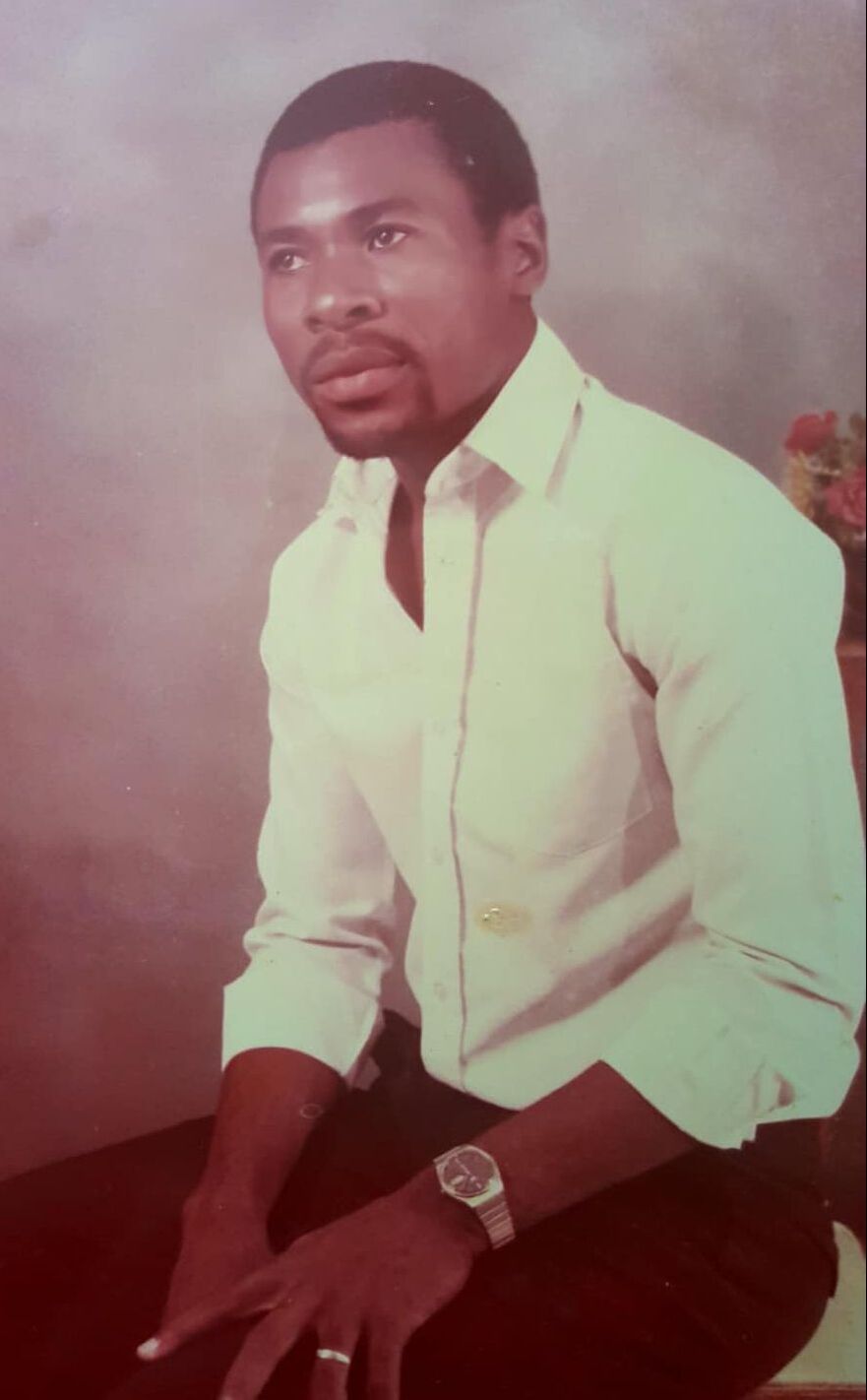
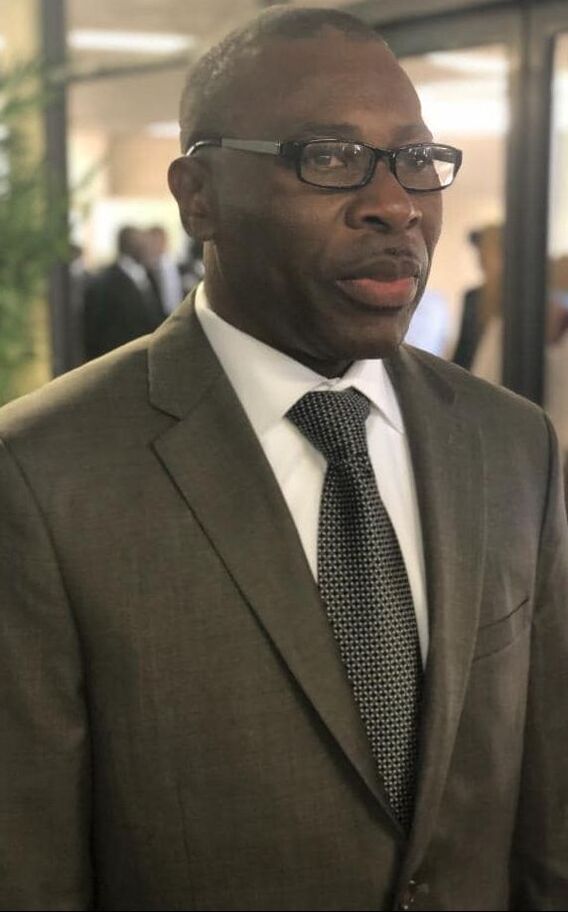
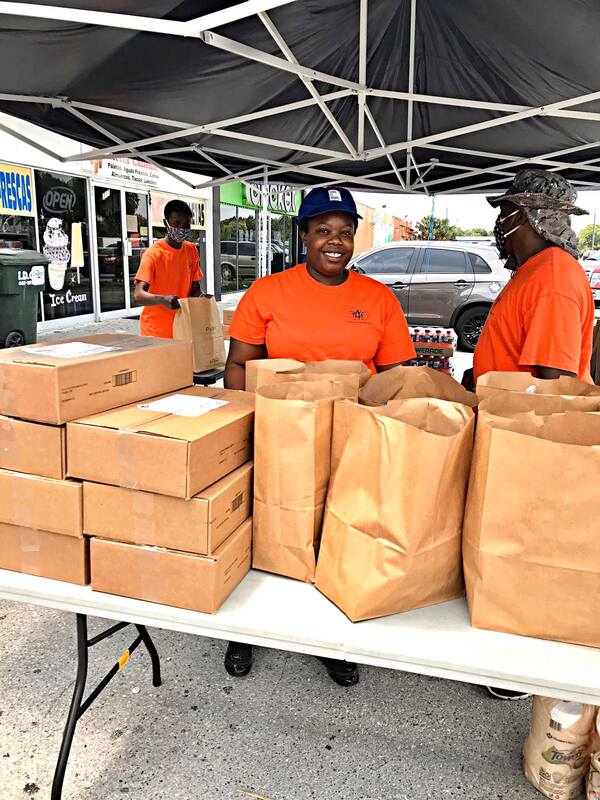
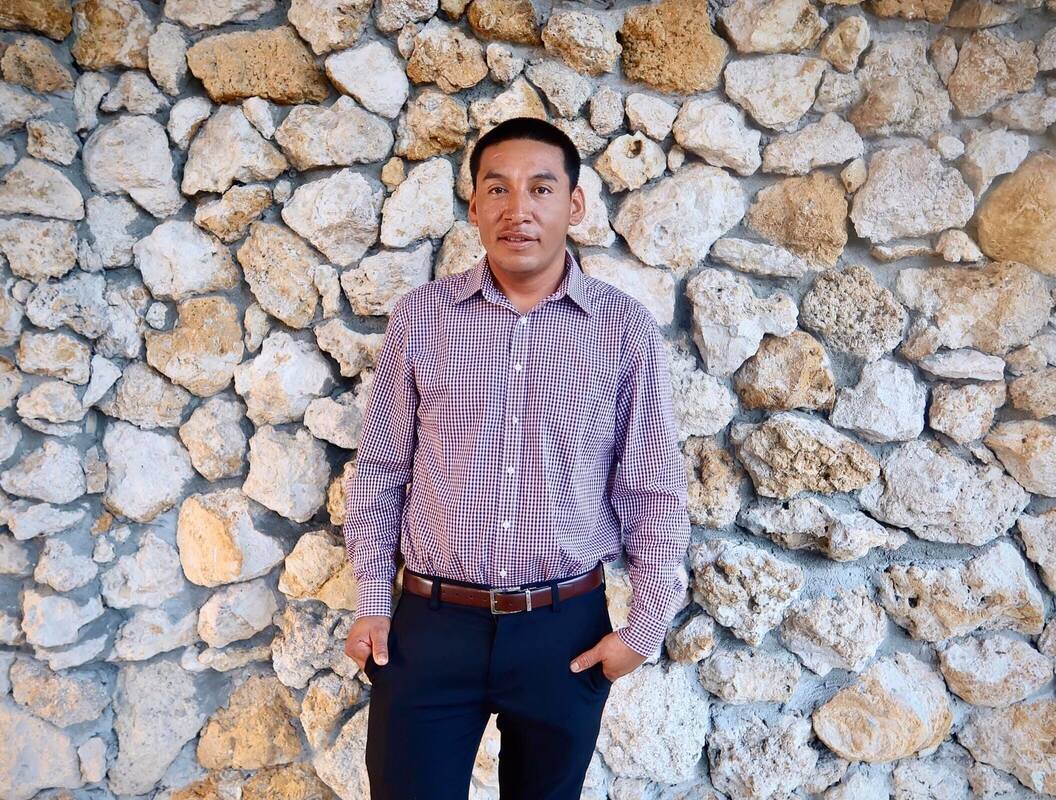
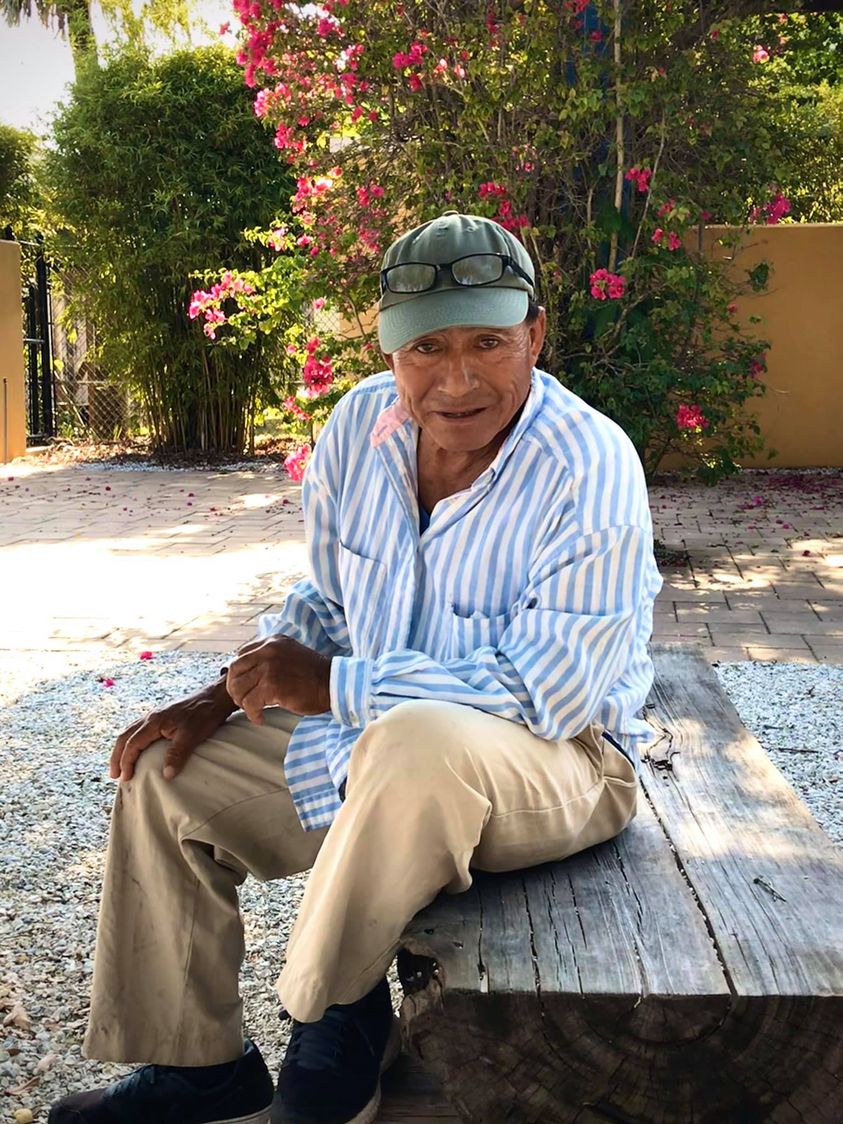
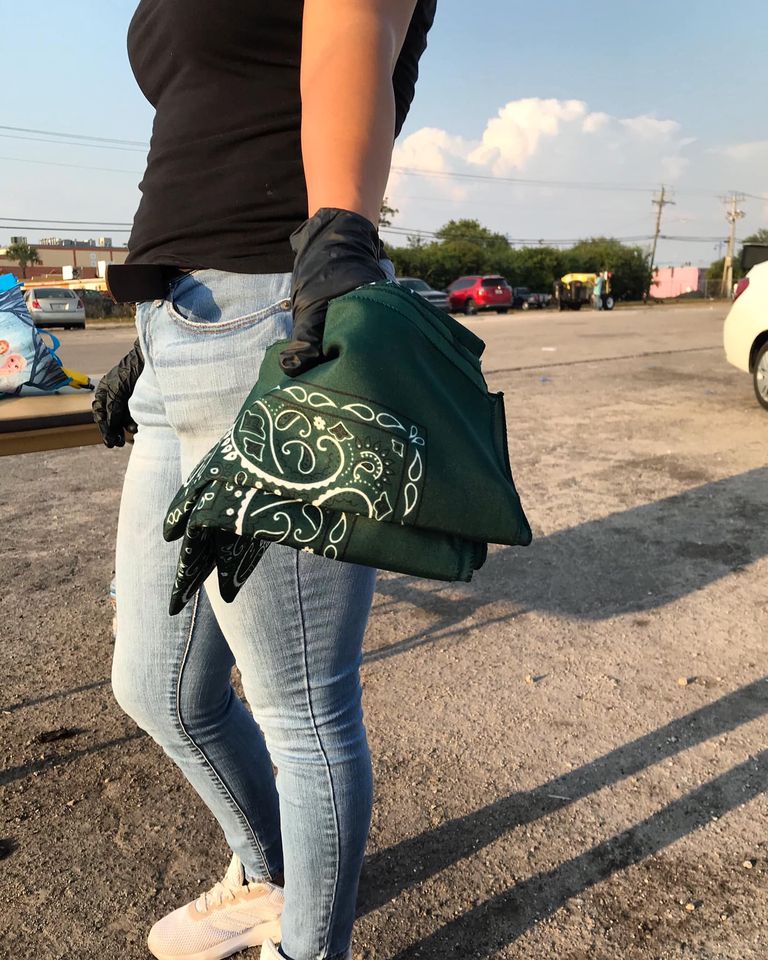
 RSS Feed
RSS Feed
